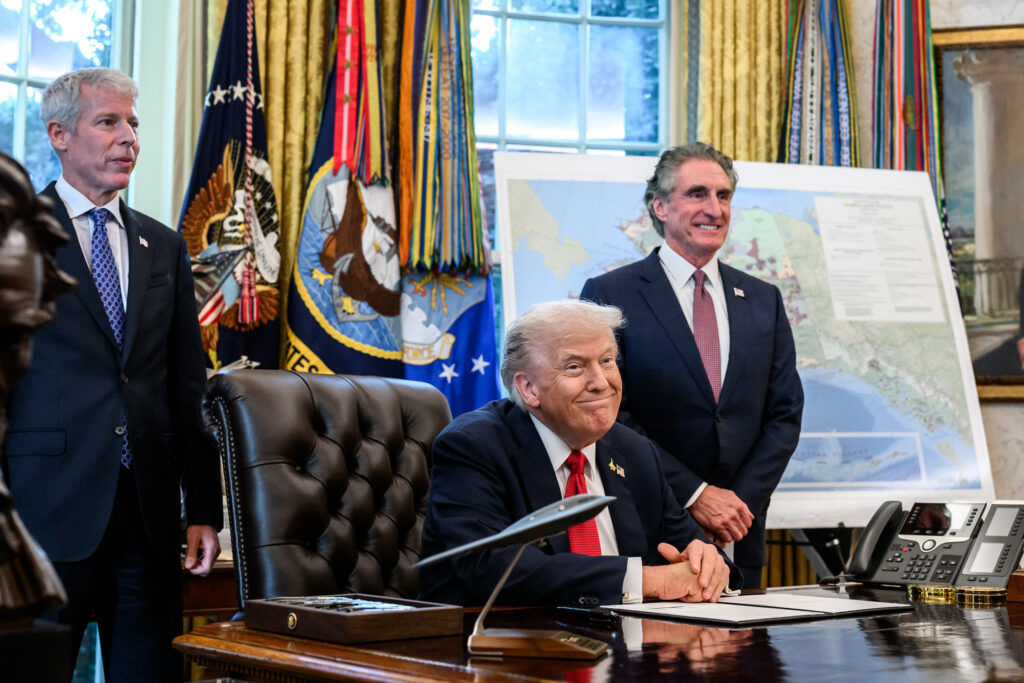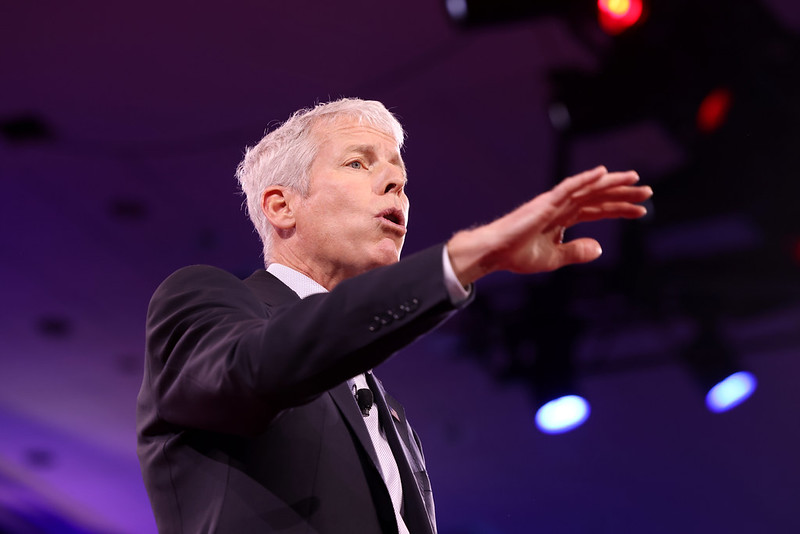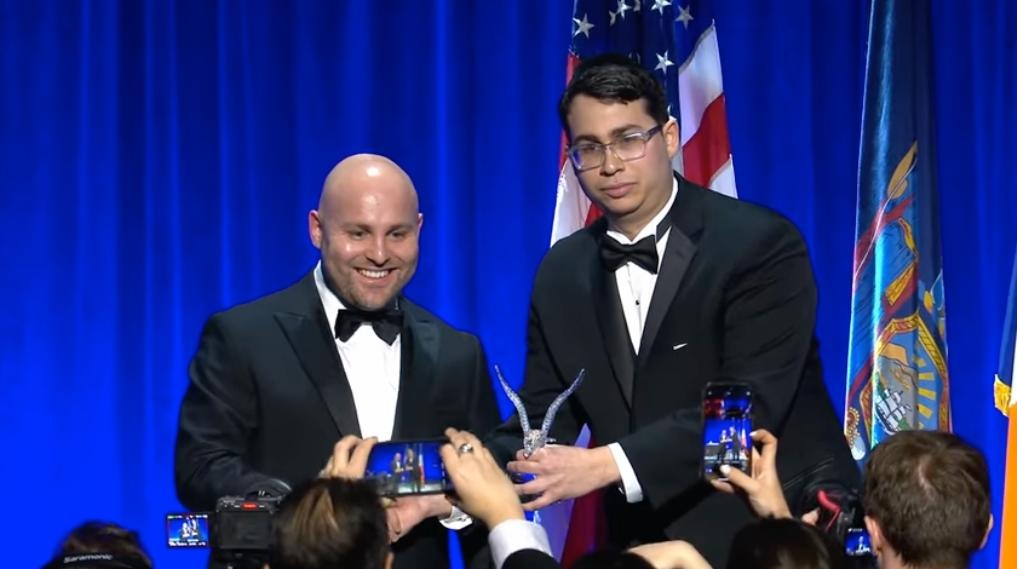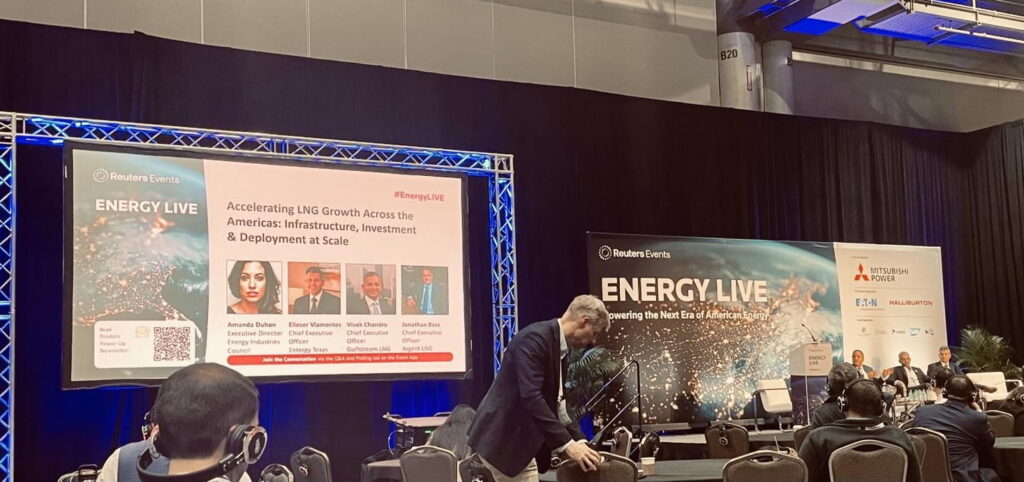This DeSmog UK epic history post examines the demise of one UK free market climate-denying think tank after its funding was linked to ExxonMobil.
Chief executive Rex Tillerson’s decision, made in the ExxonMobil boardroom in Texas, to turn off the flood of funding to free market think tanks resulted in an immediate crisis for Julian Morris and his colleagues at the climate sceptic International Policy Network (IPN) near the Royal Opera House in Covent Garden, London.
The oil company had donated $95,000 to the libertarian IPN in 2006, but further funding was in serious jeopardy. According to accounts filed by the charity, “the trustees of IPN UK concluded that the institute’s objective would presently be best achieved primarily through the provision of support to IPN UK’s sister organisation and others, rather than acting directly.”
This was a polite way of saying that Morris would have to let his small, dedicated staff go and move out of their small, central London offices.
Morris, as the director, retained his generous salary, but from now on would be paid directly from the United States. His wife, Kendra Okonski, was paid just £7,000 that year, suggesting she lost her job or was forced to work just a few days a week.
Declare Funding
Insult was added to injury as the deepening financial crisis coincided with a coruscating attack by George Monbiot, Britain’s preeminent environmental journalist and a scourge to the sceptics.
“Pundits who contest climate change should tell us who is paying them” he demanded from the pages of the Guardian in September that year.
Monbiot accused the IPN of acting as a lobby group disguised as a charity think tank. He said that Morris had received £10,000 from a US tobacco company and cited IPN co-founder Roger Bate’s letter to R.J. Reynolds Tobacco Company asking for $50,000 for a book about risk. Monbiot made similar claims when he appeared on Newsnight attacking the IPN.
The charity’s trustees were devastated and humiliated by the reportage and believed it to be totally unfair. The exposé would inflict a mortal wound on the IPN (only a few years later, it was closed down).
A Doomed Battle
Morris desperately tried to shore up the reputation of his small think tank, but the damage was irreparable. He wrote a furious letter to the Guardian, stating: “George Monbiot seeks to impugn my reputation… IPN adheres to a strict code of independence and, contrary to Monbiot’s claim, does not lobby.”
With considerable brass neck, he added: “Monbiot claims that we receive support from businesses. This is false.” The charity director was fighting a valiant but ultimately doomed battle.
Professor Mark Pennington was on the academic advisory board at the time. He told me: “The reason [the IPN] doesn’t exist [any more] is because it was very damaged by allegations that came out, again I think totally unfounded allegations, by people like George Monbiot saying that, you know, this is a front for the oil industry… I know that… they were very badly damaged by accusations that George Monbiot made… basically claiming that they were equivalent to organisations that denied a link between cancer and smoking.”
Pennington recalled that the IPN did continue to publish semi-academic work after Monbiot attacked, but “I just don’t think it had any traction… they were tainted.”
Exxon and the IEA
Linda Whetstone, daughter of the Institute of Economic Affairs’ (IEA) founder, Antony Fisher, and an IEA trustee, described Monbiot’s articles as “really vicious”, based on “supposition and surmise”, and confirmed that they caused huge damage to the IPN’s fundraising efforts.
She added: “It’s quite difficult if you get any money from Exxon and journalists are determined to say that ‘Ok they get funds from Exxon, therefore they are doing what Exxon wants’.”
Environmentalists, angered by the revelations in Monbiot’s report, took to the streets and staged a die-in outside Morris’s offices the following October.
The timing of this morbid protest was unfortunate. Just two days earlier, Lord Harris, the first director general of the IEA and a close friend to Morris, had died. The pipe-smoking champion of the right to imbibe tobacco smoke had died at the grand old age of 81, after a suspected heart attack at his home in North London.
The late John Blundell, the then IEA director, told the Daily Mail at the time: “He did so much to bring market ideas back into circulation here and around the world.”
Sinking Ship
By December, the Independent had joined the campaign against the IPN. The newspaper quoted Olivier Hoedeman of the Corporate Europe Observatory, stating: “Covert funding for climate sceptics is deeply hypocritical because ExxonMobil spends major sums on advertising to present itself as an environmentally responsible company.”
Morris’s small charity was not totally cash strapped, however, as it continued to receive funding from other corporations, including the New York-based Randolph Foundation, which donated $283,922 during the next three years.
Morris then turned to his friends at the Reason Foundation in the US – also funded by tobacco and oil – attacking climate change in an article penned for its website, and thus continued securing the bridge upon which he could escape his sinking ship.
Speaking with me via email, Morris said: “Your story is complete nonsense. Exxon’s support amounted to less than 10% of our funding and we were able to replace it immediately with other donors. The decisions to change the structure of IPN’s operations had nothing to do with Exxon’s decision to stop funding our organization. I have never received any money from any tobacco company, so that is a straight lie.”
Up next in the DeSmog UK epic history series, we remember when the prominent climate-denying International Policy Network closed its doors as science triumphed over ideology.
Photo: Wikimedia via Creative Commons
Subscribe to our newsletter
Stay up to date with DeSmog news and alerts






